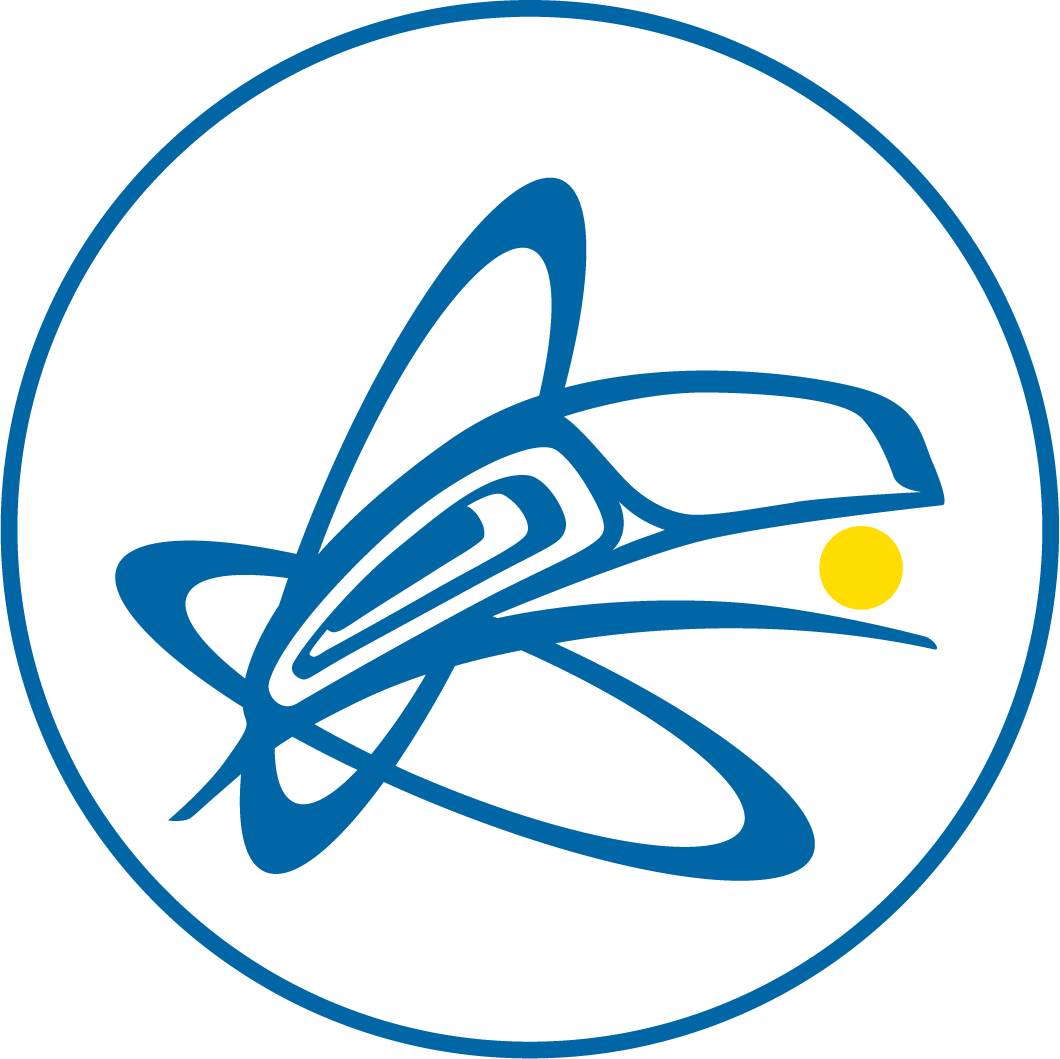
Our Work
Co-creating bright digital futures for First Nations communities by enabling digital equity and transformation.

Who We Are
We are an Indigenous-led, innovative non-profit serving all First Nations across BC. Our organization is guided by a board of directors who represent First Nations throughout the province. Our work is led by a team of Indigenous professionals and aspiring allies who specialize in education, engagement, thought leadership, and research.
What We Do
Mandated by First Nations leadership in British Columbia, we work to advance digital literacy, improve internet connectivity, and provide guidance on data and digital technology for all 204 First Nations across the province.
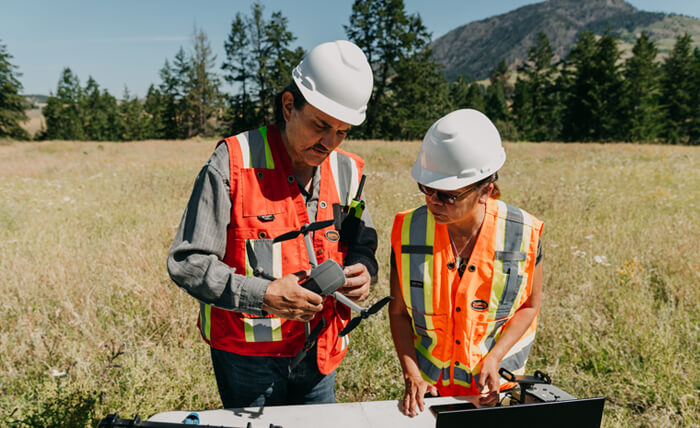
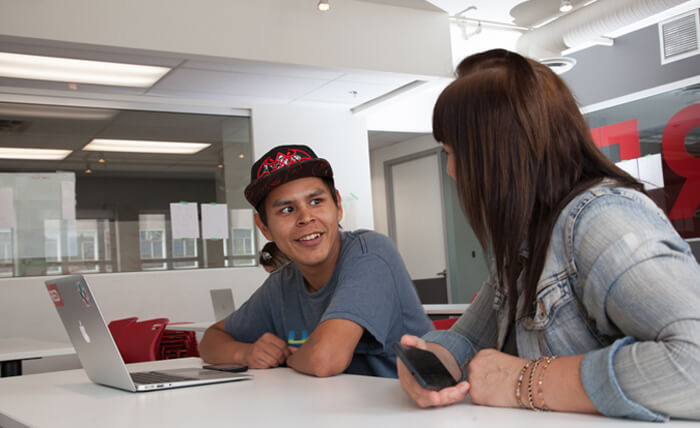
Why We Do It
Technology now weaves through nearly every aspect of life, from education to work, health, culture and language, family and friendships, and environmental stewardship. That’s why we’re working to empower Indigenous Peoples living in BC with the knowledge, skills, and resources needed to leverage technology in our lives and communities.
How To Get Involved
Let’s reboot the system and empower First Nations in BC to leverage technology in their communities. Get involved today by partnering with us, donating to the Digital Skills Bursary Fund, working with our alumni, or applying for a job.
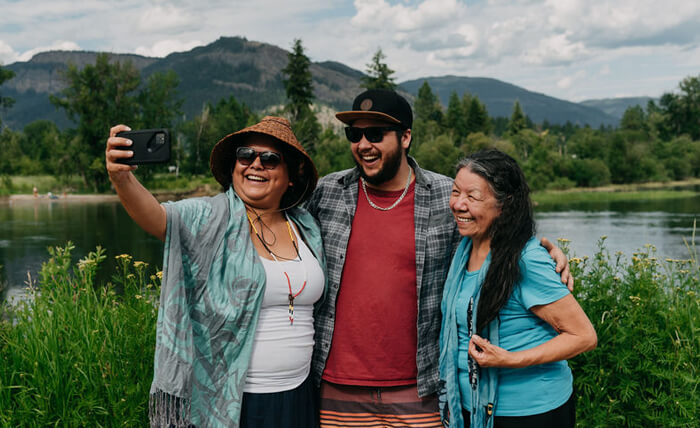
News & Stories
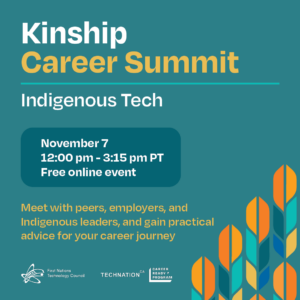
First Nations Technology Council and TECHNATION to co-host first-ever Kinship Career Summit
(Xʷməθkʷəy̓əm (Musqueam), Sḵwx̱wú7mesh (Squamish) and səlilwətaɬ (Tsleil Waututh)/Vancouver, B.C.) – The First Nations Technology Council (“Technology Council”) and TECHNATION are co-hosting a virtual career summit to connect their growing networks […]
Read More
Fostering Change: How Corporate Allies Support Indigenous Digital Equity
We are thrilled to highlight the incredible efforts of one of our corporate partners, Microsoft, which has demonstrated significant support in co-creating bright digital futures for First Nations communities by […]
Read More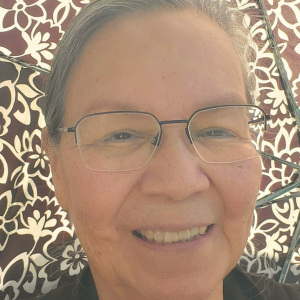
Indigenous Innovator: Lorna Gillanders
This is the fourth edition of our Indigenous Innovator Series where First Nations Technology Council alumni tell their stories about how digital skills have made a positive impact in their […]
Read More
Google Career Certificate Scholarship Program
The First Nations Technology Council is excited to announce a new partnership with Google on its Google Career Certificate Scholarship Program. The partnership will allow 500 current learners and alumni […]
Read More
